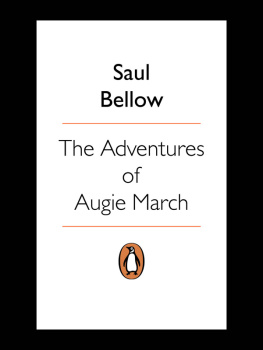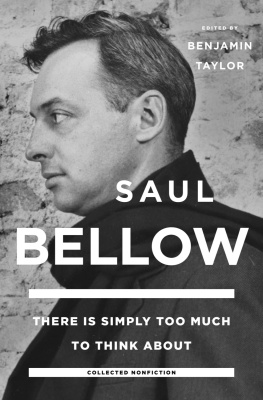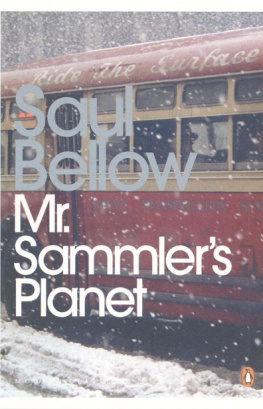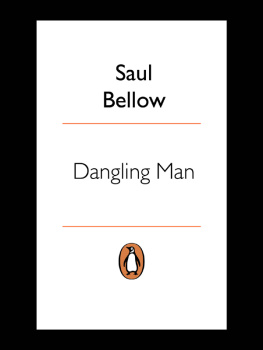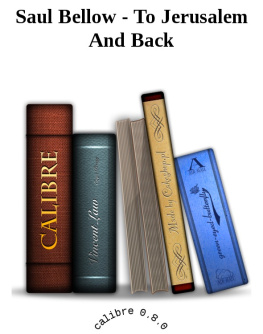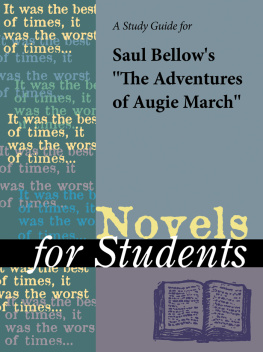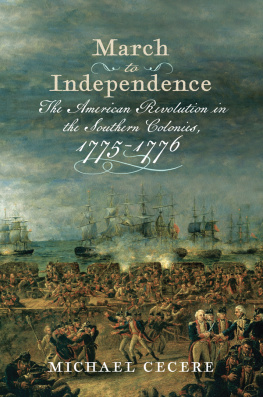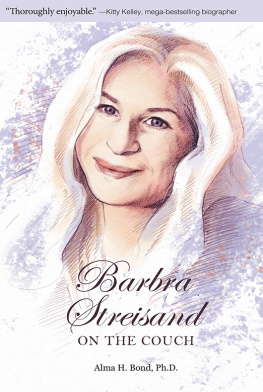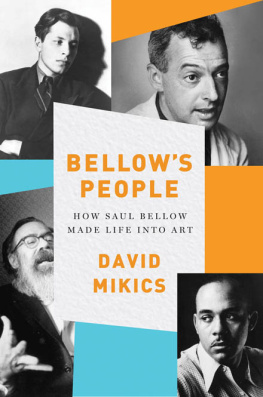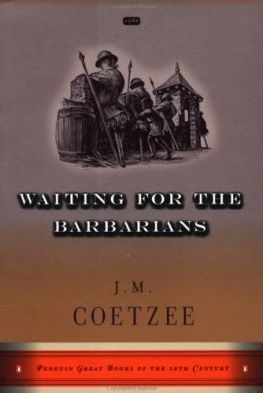PENGUIN CLASSICS
Published by the Penguin Group
Penguin Books Ltd, 80 Strand, London WC2R 0RL , England
Penguin Group (USA) Inc., 375 Hudson Street, New York, New York 10014, USA
Penguin Group (Canada), 90 Eglinton Avenue East, Suite 700, Toronto, Ontario, Canada M4P 2Y3 (a division of Pearson Penguin Canada Inc.)
Penguin Ireland, 25 St Stephens Green, Dublin 2, Ireland (a division of Penguin Books Ltd)
Penguin Group (Australia), 250 Camberwell Road, Camberwell, Victoria 3124, Australia (a division of Pearson Australia Group Pty Ltd)
Penguin Books India Pvt Ltd, 11 Community Centre, Panchsheel Park, New Delhi 110 017, India
Penguin Group (NZ), 67 Apollo Drive, Rosedale, North Shore 0632, New Zealand (a division of Pearson New Zealand Ltd)
Penguin Books (South Africa) (Pty) Ltd, Block D, Rosebank Office Park, 181 Jan Smuts Avenue, Parktown North, Gauteng 2193, South Africa
Penguin Books Ltd, Registered Offices: 80 Strand, London WC2R 0RL , England
www.penguin.com
First published in the United States of America by The Viking Press 1953
First published in Great Britain by Weidenfeld & Nicolson 1954
Published in a Viking Compass edition 1960
Published in Penguin Books (UK) 1966
Published in Penguin Books (USA) 1984
This edition published in Penguin Books (USA) 1996
Reprinted with a new Introduction in Penguin Modern Classics 2001
Copyright Saul Bellow, 1949, 1951, 1952, 1953
Copyright renewed Saul Bellow, 1977, 1979, 1980, 1981
Introduction copyright Christopher Hitchens, 2001
All rights reserved
The moral right of the Introducer has been asserted
Several portions of this novel, while it was in progress, appeared in magazines in somewhat different form from the final version. Acknowledgement is made to The New Yorker, which published Chapter XXV under the title Interval in a Lifeboat; Harpers Bazaar, which published excerpts from Chapters XV and XVI under the title The Eagle; Partisan Review, and Perspectives USA, which published Chapter V under the title The Einhorns; Sewanee Review, which published Chapter II under the title The Cobbins; and The Hudson Review, which published Chapter XXIV under the title Minotouchian.
ISBN: 978-01-4191-372-8
PENGUIN MODERN CLASSICS
THE ADVENTURES OF AUGIE MARCH
Saul Bellow (19152005) is the only novelist to receive three National book awards, for The Adventures of Augie March, Herzog, and Mr Sammlers Planet. In 1975, he won the Pulitzer Prize for his novel Humboldts Gift. The Nobel Prize in Literature was awarded to him in 1976 for the human understanding and subtle analysis of contemporary culture that are combined in his work. In 1990, Mr Bellow was presented the National Book Award Foundation Medal for distinguished contribution to American letters. He has also received the National Medal of Arts. His books include Dangling Man (1944), The Victim (1947), The Adventures of Augie March (1953), Seize the Day (1956), Henderson the Rain King (1959), Herzog (1964), Mosbys Memoirs (1969), Mr Sammlers Planet (1970), Humboldts Gift (1975), To Jerusalem and Back (1976), The Deans December (1982), Him With His Foot in His Mouth and Other Stories (1984), More Die of Heartbreak (1987), A Theft (1989), The Bellarosa Connection (1989), Something to Remember Me By (1991), It All Adds Up (1994), The Actual (1997), Ravelstein (2000) and Collected Stories (2001).
Christopher Hitchens was born in 1949 and graduated from Balliol College, Oxford, in 1970. An author and journalist, he is a regular columnist for Vanity Fair and the Nation, and also contributes to the New York Review of Books, the London Review of Books and The Times Literary Supplement. His books include Blood, Class and Nostalgia: Anglo-American Ironies (1990); For the Sake of Argument: Selected Essays (1993); When the Borders Bleed: The Struggle of the Kurds (1994); The Missionary Position: Mother Teresa in Theory and Practice (1995); and, most recently, Unacknowledged Legislation: Writers in the Public Sphere (2001). He was Mellon Professor of English at the University of Pittsburgh for the year 1997 and is currently Professor of Liberal Studies at the New School for Social Research in New York. Christopher Hichens lives in Washington, DC.
TO MY FATHER
Introduction
Augie March stands on the Chicago lake-shore at dawn on a New Years Day in the 1930s:
I drank coffee and looked out into the brilliant first morning of the year. There was a Greek church in the next street of which the onion dome stood in the snow-polished and purified blue, cross and crown together, the united powers of earth and heaven, snow in all the clefts, a snow like the sand of sugar. I passed over the church too and rested only on the great profound blue. The days have not changed, though the times have. The sailors who first saw America, that sweet sight, where the belly of the ocean had brought them, didnt see more beautiful color than this.
Nick Carraway muses on the shoreline at the close of The Great Gatsby:
And as the moon rose higher the inessential houses began to melt away until gradually I became aware of the old island here that flowered once for Dutch sailors eyes a fresh green breast of the new world the trees that had made way for Gatsbys house had once pandered in whispers to the last and greatest of all human dreams; for a transitory enchanted moment man must have held his breath in the presence of this continent face to face for the last time in history with something commensurate to his capacity for wonder.
One man is reflecting at days end, and one at days beginning. Both have just been put through it by flawed and wretched humanity Carraway has been to several funerals and Augie has had a close shave while helping a girl who isnt his girlfriend to survive an illegal abortion. (I pause to note that one is a belly man, while the other favours the breast.) Both draw strength from the idea of America. But Carraway derives consolation, while it might be truer to say that Augie finds inspiration. Reflecting on Gatsbys futile quest his dream Carraway decides that: He did not know that it was already behind him, somewhere back in that vast obscurity beyond the city, where the dark fields of the republic rolled on under the night. Augie doesnt take much stock in dreams, and he is about to venture on to those very fields.
I do not set myself up as a member of the jury in the Great American Novel contest, if only because Id prefer to see the white whale evade capture for a while longer. Its more interesting that way. However, we do belong to a ranking species and theres no denying that this contest is a real one. The great advantage that

